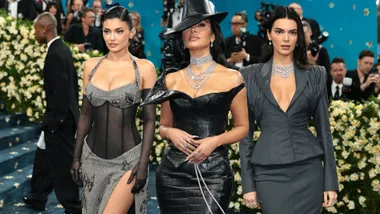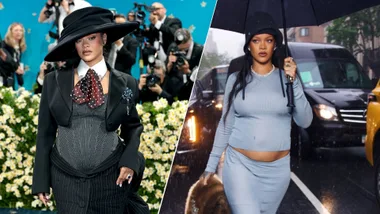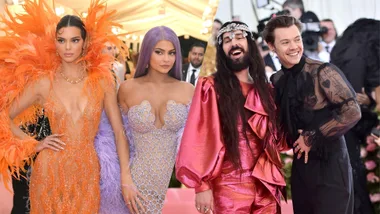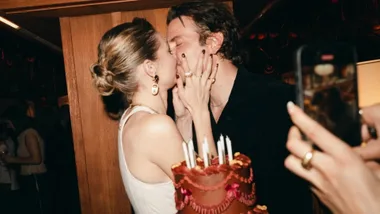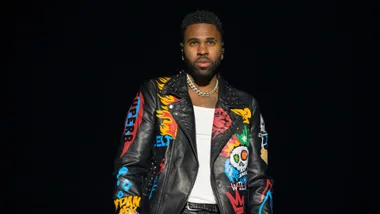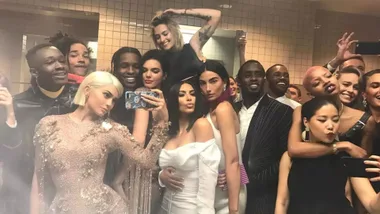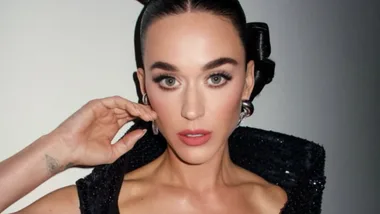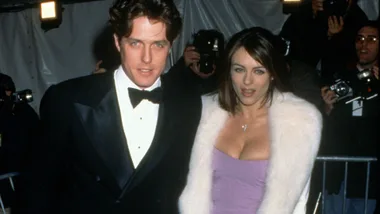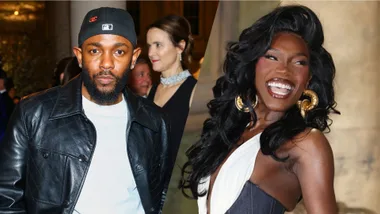Tasma Walton and Rove McManus’ four-year-old daughter Ruby adores reading. At bedtime, her parents read her a book before she dozes off, but there’s often something missing from the stories. “I sometimes find that there’s an overrepresentation of the masculine characters in stories and they are usually the characters that are the most active or the cleverest or are the protagonist,” actress, writer and Our Watch ambassador Walton tells marie claire. “The female characters can often be sidelined or not even present.” Walton’s solution is simple: to flip the male and female characters. “So, whenever I was reading a character that was a boy I would switch that character to a girl. It is fascinating to see how that completely changes the dynamic of the story,” she explains.
Walton’s tactic is one many that can help challenge the troubling gender stereotypes young children face today. Taking a proactive approach is encouraged by Our Watch’s new campaign #BecauseWhy, which focusses on helping parents eradicate aggressive behaviours and stereotypes that are often reinforced to children. To mark the launch of the #BecauseWhy campaign, Walton chatted to marie claire about smashing stereotypes and raising her daughter Ruby.
In your view, what are some of the major gender stereotypes that affect young children today?
The most prevalent gender stereotyping I come across in my relatively new role as a parent comes through a lot in the media and storytelling. I noticed that straight away when we were reading stories to Ruby before she went to bed. She wants to see herself as the main character in the story. To flip the gender gives her a much broader range of characters she can identify with.
Another thing that stood out to me was in the playground there would be inappropriate behaviour and often it was a young boy doing that and the behaviour would be excused as ‘boys will be boys’ when in fact it is possibly harmful and very inappropriate for any child to be doing that around other kids. But because it was seen just as ‘boys letting off steam’ or ‘that’s what boys do’, it was excused, which starts to teach both young boys and girls that this behaviour is acceptable—when it is honestly not. Ruby is our first child, and so it was the first time I was introduced to how those gender stereotypes operate from the very beginning of the socialisation of kids into the world.
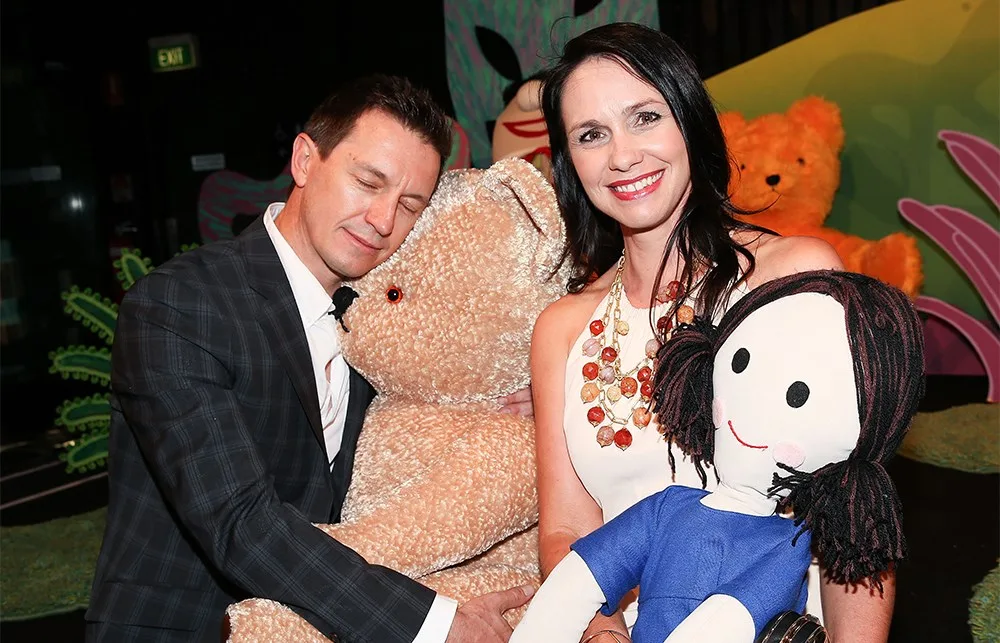
I hear you’ve also encouraged Ruby with toys that might have once been thought of as ‘just for boys’.
If you go to a toy store or a large department that has toys, the separation of the toys is very gender-based. You can literally look down the aisle and know exactly which toys are being marketed to boys and girls. Ruby likes what she likes, so we obviously feed her curiosity and get things that she’s interested in. We don’t push a particular type of toy or a particular type of colour—we leave it up to her to decide what she likes the most.
For us, both Rove and I have varied interests ourselves. I was always called a tomboy while I was growing up; I was never one to play with dolls, it wasn’t what I wanted to do. There were no restrictions placed on me about what I should and shouldn’t do because I was a girl. For me, it’s natural to pass that onto Ruby. She loves dinosaurs and she knows all of the dinosaur names much more so than I do! Whatever she would gravitate towards we would encourage the curiosity and interest.
How do you and your husband Rove demonstrate equality through your parenting?
We are very lucky in that the sort of work we do we don’t have a rigid structure. It’s not a 9 to 5 work scenario. We are very flexible and there are periods of time where Rove is more intensely at work and then that can flip when I’m filming and doing long hour days, so we pretty much do everything.
Rove cooks and cleans as much as what I do, so I think we naturally set an example of pitching in and helping out at home. There’s no definitive jobs that I do because I’m a woman and jobs that Rove does because he’s a man—we just all do what we can when we can. At times that’s been a conscious choice, but for us it’s born out of our desire as human beings to be equal with each other and the work that we do enforces that as well.
As lovely as it is chatting with you now, would it be nice to not even need to have this conversation?
Absolutely. It’s important to recognise that this is the very beginning of setting up a way of perceiving the roles of men and women, which can then influence the way men and women are treated in society. That is why Our Watch, in particular, is looking so closely to change the story around gender stereotypes and this idea that women and children are not equal that we feed to our kids because it is a proven driver of violence against women and children. So, it is of vital importance to make sure we don’t pass that message onto kids and that we’re enabling them to have all the choices and freedom to be whatever they want to be in their everyday lives.
You can find out more about the #BecauseWhy campaign—and what you can do as a parent—here.
RELATED: Everything You Need To Know About International Women’s Day 2018

